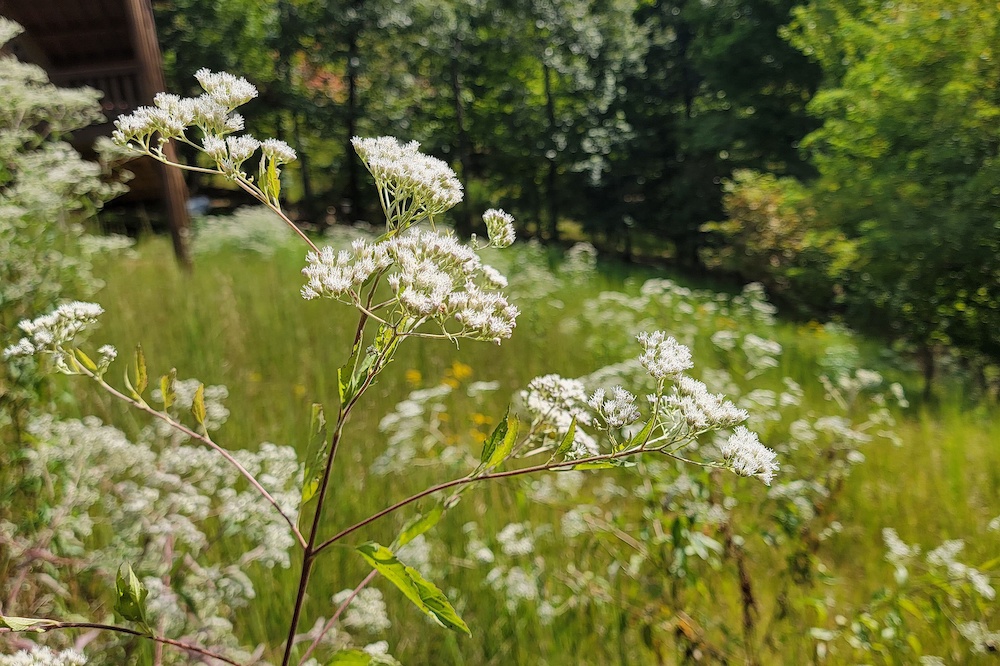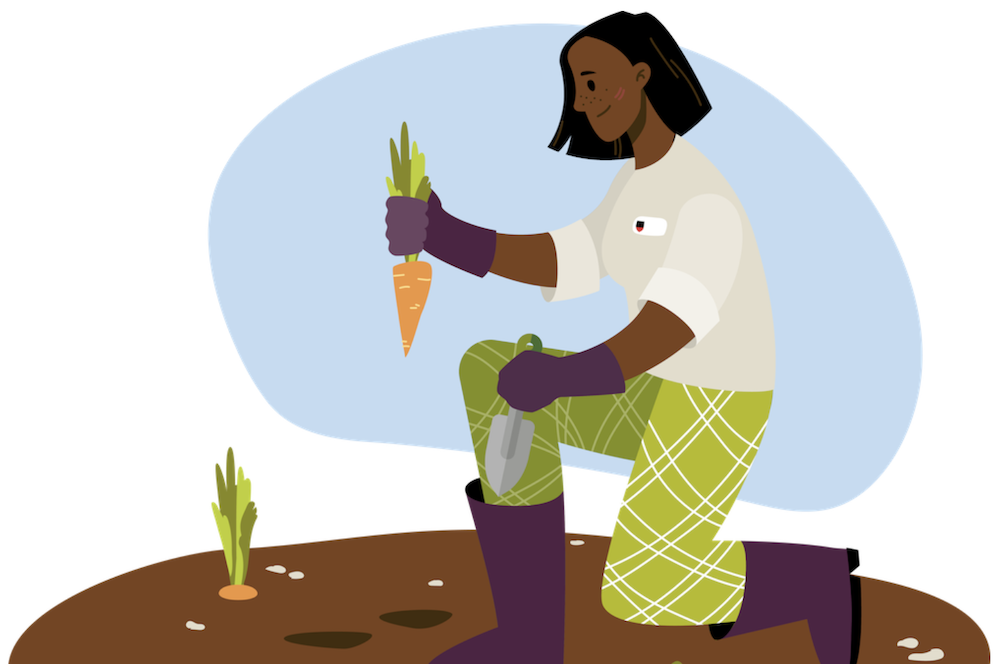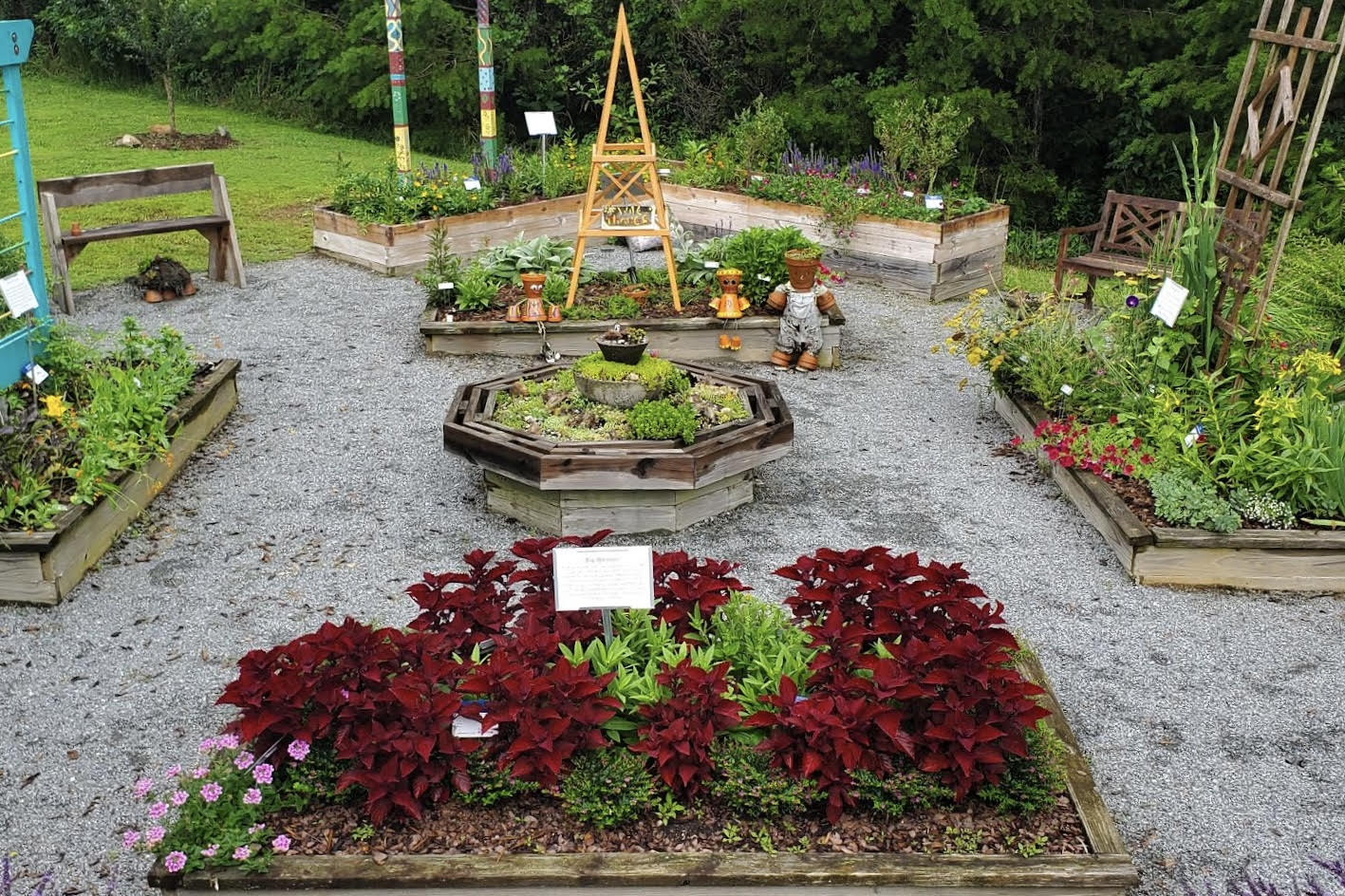Squash vine borers are a common problem in vegetable gardens. These insects overwinter in cocoons in the soil, usually in the area of the garden where squash or zucchini plants were located the previous season. Once the adults emerge from the soil, they lay eggs on the stems of susceptible plants.
They don't like cucumbers and melons
While summer squash, zucchini, winter squash and pumpkin plants are susceptible, cucumber and most melons are seldom attacked.
One of the best ways to control this pest is rotating away from the area where squash plants have been planted in the past. Unfortunately, not all gardeners have the space to completely rotate away from the infested soil.
Soil covers help
Gardeners with limited space can use floating row covers to keep the adults from laying eggs on the vines. The covers must have good contact with the soil to keep adults from finding the vines and should remain on the plants until female flowers begin to form. At this point, the covers must be removed to ensure pollination. Covered plants have a tremendous head start on borers.
For the gardener who still ends up with plants infested with squash vine borer larvae, there is still hope. The borer can be removed from the stem using a knife. First, create a slit parallel to the stem veins. Begin the slit at the frass-covered hole at the base of the plant and continue toward the tip of the vine until the borer is found and removed. Once the borer has been removed, cover the slit portion of the stem with soil. Water it to encourage rooting.
Covering stem with soil can help
Some gardeners with heavy squash vine borer infestations will proactively cover the stem with soil every foot or so to decrease borer impact (more roots equals less plant wilting). Sanitation is also important since borers may still be found in dying vines left in the garden. Infested vines should be removed and composted as soon as possible.
Other control recommendations during the growing season include using yellow-colored bowls full of soapy water to attract and drown the adults. Another option is to use sticky traps, which are also usually yellow and attract the insect.
Some gardeners try to overwhelm the pests by continuing to plant squash in the hope that quantity will prevail over the insects. But, this isn’t an option for gardeners whose space, time and other resources are typically limited.
Insecticides don't work
Insecticides are often not helpful against squash vine borers due to the location of the cream-colored larvae in the stems. Contact insecticides (insecticidal soap, neem and others) cannot reach the larvae, and most systemic insecticides are not safe on vegetable crops.
For more information on controlling garden insects, call your local UGA Extension office at 1-800-ASK-UGA1.







.png)